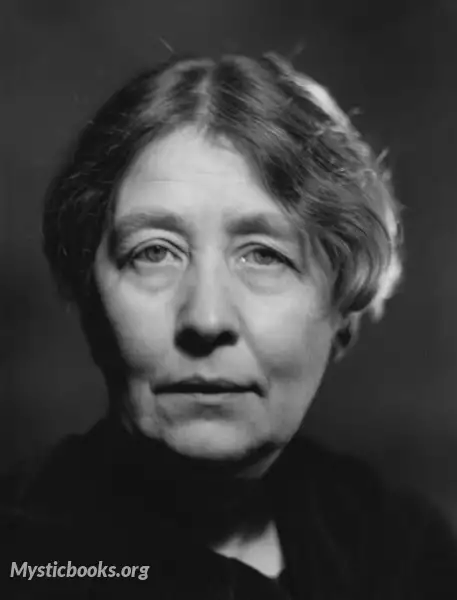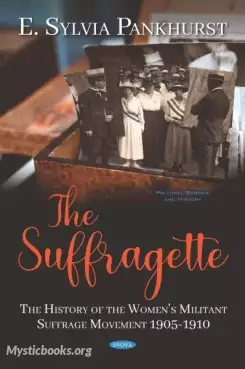
Timeline
Title
Country/Nationality
Sylvia Pankhurst
Estelle Sylvia Pankhurst was an English campaigner for the suffrage and suffragette movement, a socialist and later a prominent left communist and activist in the cause of anti-fascism and the international auxiliary language movement. She spent much of her later life campaigning on behalf of Ethiopia, where she eventually settled.
Estelle Sylvia Pankhurst was born at Drayton Terrace, Old Trafford, Manchester, a daughter of Richard Pankhurst and Emmeline Pankhurst, who both later became founding members of the Independent Labour Party and were much concerned with women's rights. Pankhurst and her sisters, Christabel and Adela, attended Manchester High School for Girls, and all three became suffragists. Growing up in Manchester, Pankhurst and her siblings were exposed to various types of fine art. At a very young age, Pankhurst was interested in the arts, which led her to attend the Royal College of Art to pursue a career in this profession. Between 1904 and 1906 while attending the school she witnessed the lack of gender equality in the art profession.
In 1912, Pankhurst along with her friends, organized the East London Confederation of Suffragettes, which later became a branch of WSPU.
Sylvia Pankhurst trained as an artist at the Manchester School of Art, and, in 1900, won a scholarship to the Royal College of Art in South Kensington, London.
In 1906, Sylvia Pankhurst started to work full-time for the Women's Social and Political Union (WSPU) with her sister Christabel and their mother. She devised the WSPU logo and various leaflets, banners, and posters as well as the decoration of its meeting halls. In 1907 she toured industrial towns in England and Scotland, painting portraits of working-class women in their working environments. She spent time in Leicester where she was welcomed by Alice Hawkins who she knew through the Independent Labour Party. They were soon joined by Mary Gawthorpe and they established a WSPU presence in Leicester.
In contrast to Emmeline and Christabel, Pankhurst retained an affiliation with the labour movement and concentrated her activity on local campaigning. She and Amy Bull founded the East London Federation of the WSPU. Pankhurst also contributed articles to the WSPU's newspaper, Votes for Women and, in 1911, she published a propagandist history of the WSPU's campaign, The Suffragette: The History of the Women's Militant Suffrage Movement.
On 1 November 1913 Pankhurst spoke at the Albert Hall in support of the Dublin workers who had recently gone on strike in order to promote a more humane society. After this incident, Pankhurst's relationship with her family became very strained because of Pankhurst's involvement with the Labour Party. Pankhurst's family believed that her aligning with the Labour Party went against WSPU identification of being independent. For this reason her sister Christabel removed Pankhurst from their union because of a belief that she was tarnishing their name.
Pankhurst objected to entering into a marriage contract and taking a husband's name. Near the end of the First World War she began living with Italian anarchist Silvio Corio and moved to Woodford Green, where she lived for over 30 years a blue plaque and Pankhurst Green opposite Woodford tube station commemorate her ties to the area. In 1927, at the age of 45, she gave birth to a son, Richard. As she refused to marry the child's father, her mother broke ties with her and did not speak to her again. She went to the grave having refused to reveal the name of Richard's father, indicating only that he was 53 and "an old dear friend whom I have loved for years."
Pankhurst died in Addis Ababa in 1960, aged 78, and received a full state funeral at which Haile Selassie named her "an honorary Ethiopian". She is the only foreigner buried in front of Holy Trinity Cathedral in Addis Ababa, in a section reserved for patriots of the Italian war.
Her name and picture are on the plinth of the statue of Millicent Fawcett in Parliament Square, London, unveiled in 2018 while a musical about her life entitled Sylvia premiered at the Old Vic in September the same year.
Books by Sylvia Pankhurst

The Suffragette: The History of the Women's Suffrage Movement
This history of the Women's Suffrage agitation is written at a time when the question is in the very forefront of British politics.